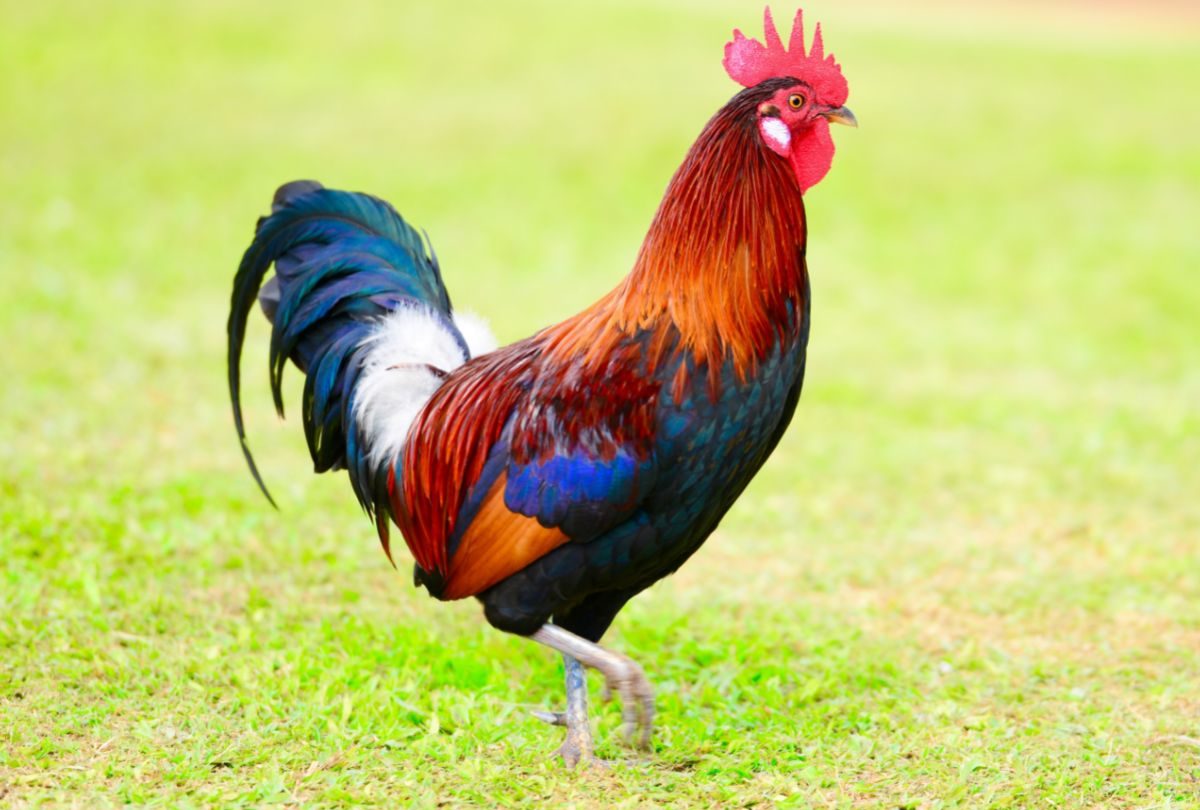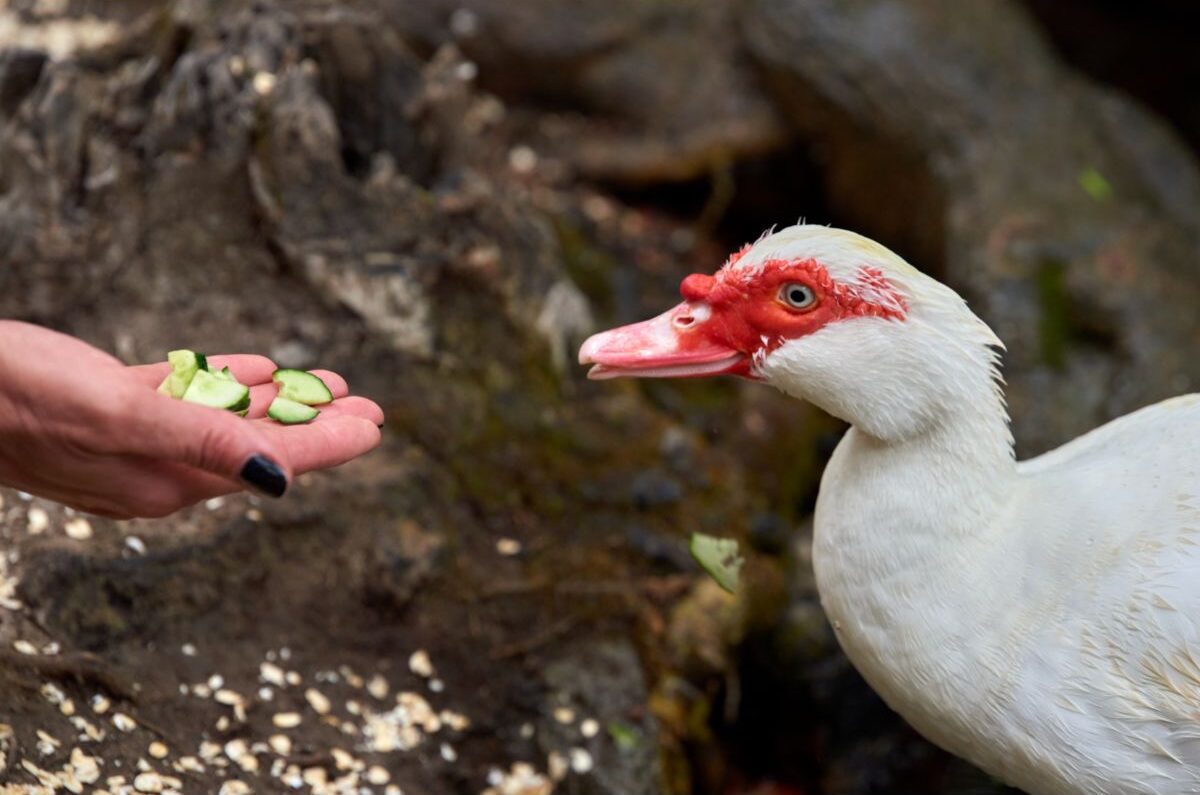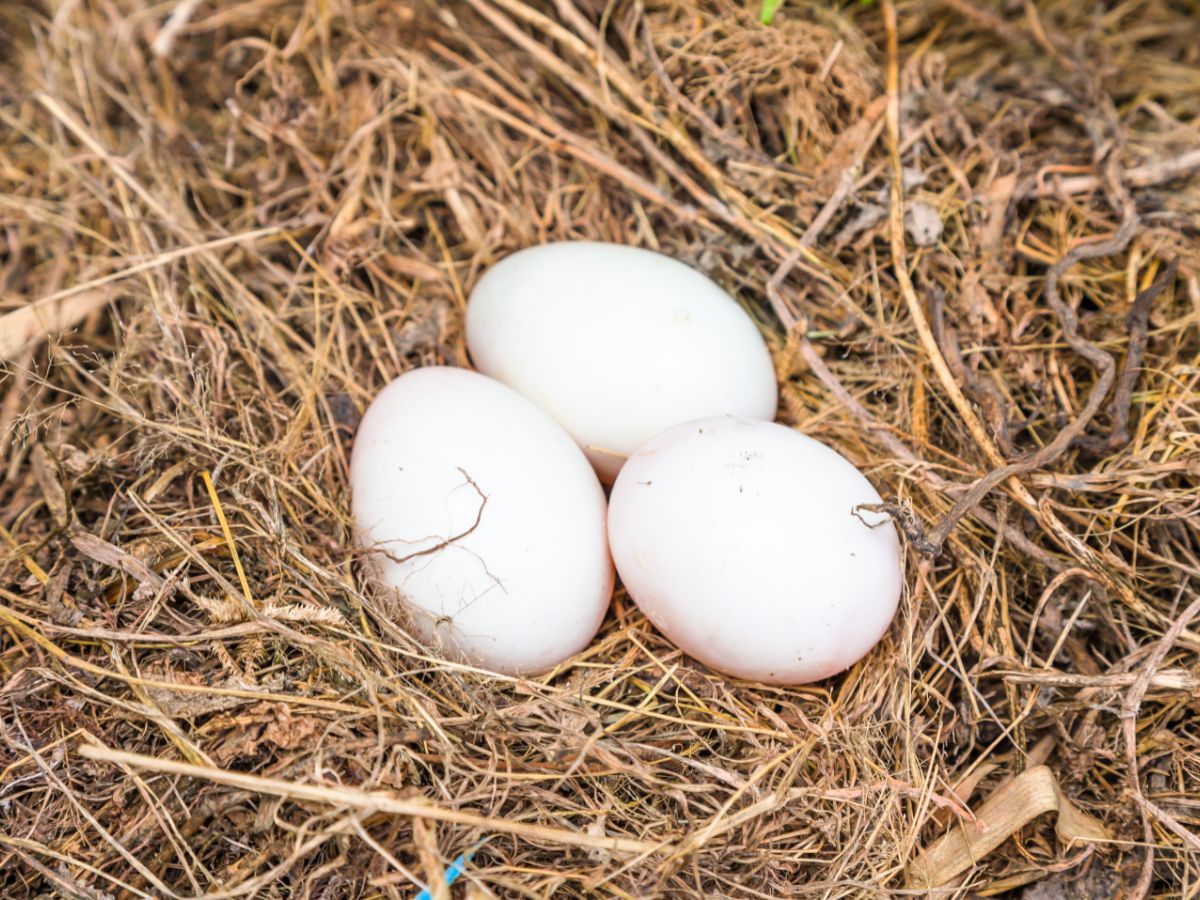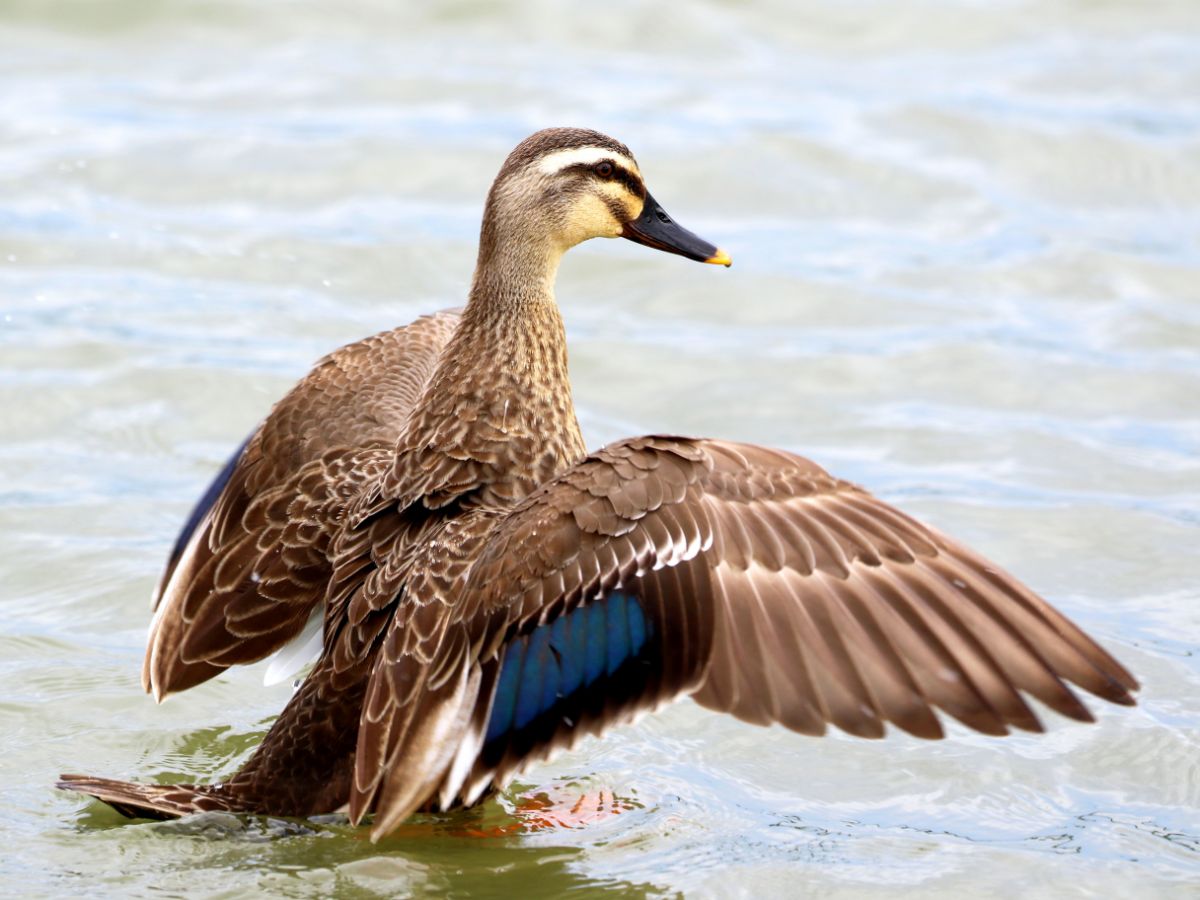There is no doubt that roosters are one of a kind and are very useful in many ways. However, do chickens need a rooster, or can they live just fine without one? Is there a reason people tend to think that chickens need a rooster?
Chickens do not need a rooster. They can produce eggs without a rooster. However, if the owner wants fertilized eggs and chicks, they do need to have a rooster. Furthermore, roosters are usually kept to help protect chickens from any threats lurking around.
There are many reasons that people would keep a rooster around their chickens. Here is why roosters are essential but not needed.
Contents
Do Chickens Need Roosters?
Contrary to common misconception, chickens do not require a rooster to produce eggs. There is no difference in flavor or nutritional value between fertilized and non-fertilized eggs. The health and diet of the hens influence egg quality.
If individuals want chicks, they usually require a rooster to fertilize the eggs. As with any egg, it needs sperm to get fertilized. However, chickens will have a brood and lay eggs just fine, if not better, without a rooster.
There’s no need for a rooster if you don’t particularly care if the eggs you retrieve are fertilized. The majority of individuals do not desire baby chickens. They’re looking for eggs to eat, to cook, or bake with.
Generally, hens lay eggs almost every day, unfertilized and without a rooster. Usually, egg producers do not want fertilized eggs, and a chicken that needs to be fed but does not lay eggs is useless. Thus any roosters that may appear among the baby chicks are usually slaughtered. That is, they go to the meat market while still relatively young.
What you want from your chickens and your situation will determine whether or not you need a rooster. A rooster proves useful to fertilize the hen’s eggs if you wish to maintain the line of the specific chicken breed going. Chickens will survive without a rooster, but it will be the end of the line.
What Role Do Roosters Play?
| Pros keeping chickens with rooster | Cons of keeping chickens with rooster |
| protection from predators | Loud crowing |
| more relaxed pecking order | potentially aggressive behavior towards humans |
| fertilized eggs and chicks | aggressive/ territorial behavior towards other roosters and chicks |
On the other hand, Roosters play a vital part in flock dynamics. There is a pecking order for each flock. One hen will be the top leader in each hen gang. She eats first, shepherds the herd out in the mornings and back in at nightfall. She also monitors disputes among the other hens.
An excellent head hen will keep the flock calm and content. So if you don’t have a decent head hen, you get bullies. Little groups will harm weaker hens. The lowly man hen may not receive enough to eat or be forced to sleep in a dangerous location.
Enter the rooster. The Roosters are outstanding bouncers. They break up arguments, ensure that everyone eats, and provide excellent protection if a predator approaches. Chickens have a variety of alert noises that keep everyone alert to potential threats.
Ideally, your group has a nice head hen and a great rooster. If you can’t afford roosters, think about adding some heritage breeds. If you plan to keep a rooster, then one rooster should be kept for every ten hens. When there are fewer hens, the roosters may start fighting and, worse, tire the hens.
There are times when they manage to govern their own order. For example, one rooster may take one hen and the other three hens, and so on. If you have a free-roaming flock, the primary purpose of having a rooster is for protection.
A rooster is the lookout because he is protective and territorial, so he keeps a keen eye out for dangers to his harem. A competent rooster will also herd his chicks, so predators do not pick them off.
In most cases, this is why you only want one rooster, or an adult, dominant rooster, and a younger, and often regarded as a spare, replacement rooster. When there is more than one mature rooster, they waste all of their time fighting one another since they have become each other’s biggest danger, and they are diverted from watching for outside threats.
Roosters will also spend a lot of time harassing and mating the hens, as each one hopes to father the most chicks. It becomes a contest, which is yet another distraction from the reason they are there in the first place.
Cons Of Having A Rooster
Although there aren’t many cons to having a rooster, the cons are pretty significant. Apart from having an extra mouth to feed if you aren’t looking to get fertilized eggs, roosters may be exceedingly loud and vicious, injuring people and pets. They can also be cruel to hens if the rooster-to-hen ratio is too high.
If you find a friendly rooster who crows once in the morning hours and then stops and chases stray dogs and raccoons but not people, you should retain that rooster for as long as you can. If you obtain a rooster who likes to assault children and crow all day, there are a couple of chicken soup recipes that can be found on the internet.
Roosters should also generally not be allowed near chicks. Keep hens with very young chicks in a separate area, particularly if your rooster is hostile. Only a few roosters can be trusted with chicks.
In most circumstances, roosters will assault and kill chicks. No, this isn’t a coincidence. Get the roosters away from the chicks as soon as possible, and place the chicks in a secure pen with their mother. They should only be permitted near the rooster when they reach half their adult size, but not until then.
Conclusion
Although chickens do not need roosters, they still play a big role. They will protect the hens, ensure that the pecking order does not deprive the weakest chicken of food, safeguard a brood hen, drive other birds away from the chicks, and alert to air and ground attacks by hawks and raccoons. Roosters are only needed if you want to get fertilized eggs and chicks.




